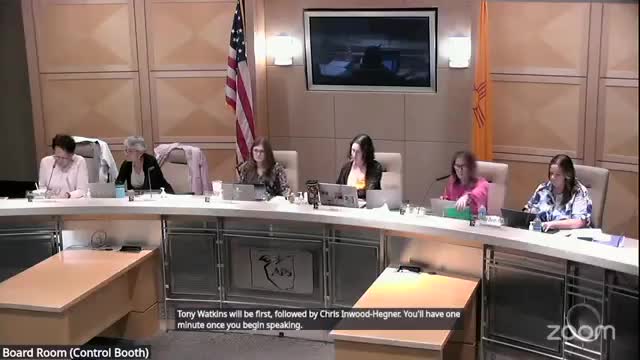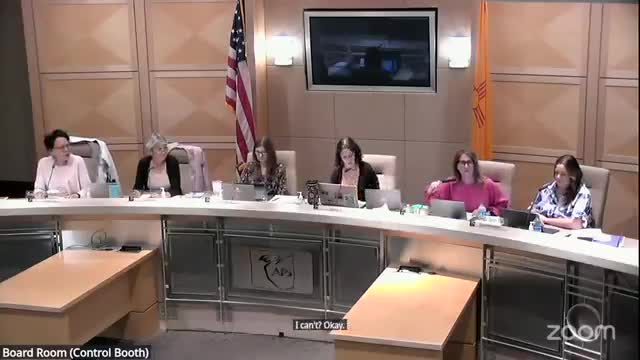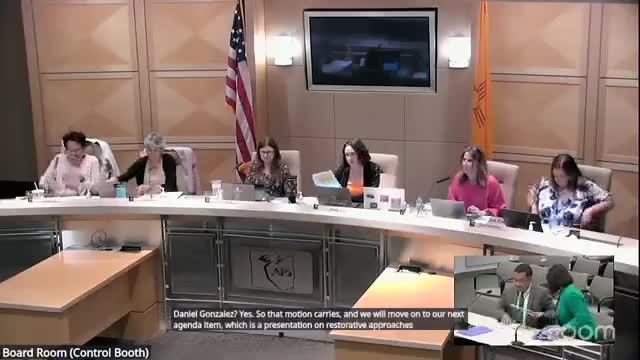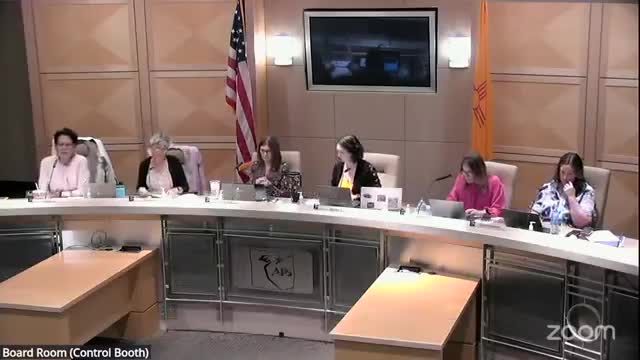Article not found
This article is no longer available. But don't worry—we've gathered other articles that discuss the same topic.

Parents and lawmakers press APS board over Council of Great City Schools contract; board opens competitive RFP process

Votes at a glance — APS Board of Education, June 4, 2025

APS presents restorative approaches plan; eight schools piloting training, districtwide expansion planned

Board accepts Guardrail 5 monitoring report after detailed exchange; one member votes no

